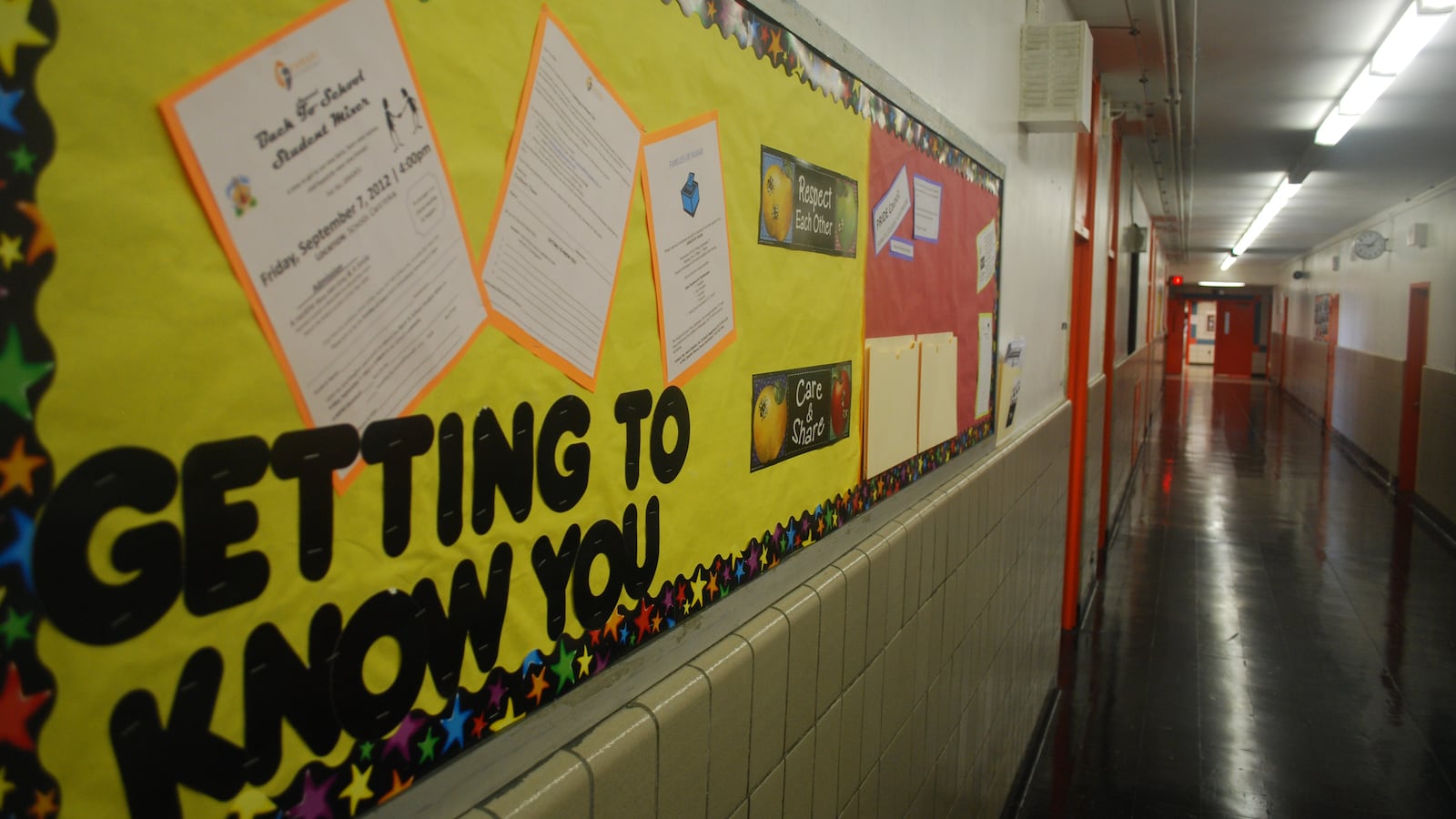The city will close the long-struggling Fahari Academy Charter School and The Ethical Community Charter School at the end of this year, officials said Thursday. They will be the first schools closed by the de Blasio administration.
The city was the authorizer of both charter schools, which have been at risk of closure in the past. And while the city recently appealed to the Board of Regents to be allowed to spend more time helping struggling charter schools before closing them, Thursday’s decision indicates that there is a limit to the city’s willingness to help schools that have foundered for years.
“I’ve been clear that closing schools is a last resort, however, if a school is not demonstrating progress, then all options are on the table,” Chancellor Carmen Fariña said in a statement. “These two schools were given time to show student progress, and they failed to do so. I will not let failure continue.”
The Fahari decision represents a reversal for Fariña and the city’s charter school office, which saved the school from closure only eight months ago because city officials said they saw signs of improvement. After visiting this year, however, they concluded that underlying problems that have dogged the school for years, such as weak instruction and leadership, had not been addressed.
In its lengthy statement announcing its decision, the department cited the schools’ low proficiency rates on state tests, as well as high teacher turnover and high suspension rates. A spokeswoman added that Fahari met just two of seven of the academic goals that were negotiated before last June’s one-year renewal.
Despite the schools’ track records, the decisions are awkward ones for the city, which has said that struggling district schools should be given resources and time to improve and criticized the Bloomberg administration’s reliance on school closures as a mechanism for improving schools. But the city also acts as the authorizer to 70 charter schools, which operate with the explicit bargain to succeed or be closed.
State officials expressed doubts about the city’s ability to act as an authorizer because of de Blasio administration’s reluctance in closing low-performing district schools. But “it’s finally beginning to understand what being an authorizer is and how that’s not the same as being a district administrator,” a source familiar with the decision said.
Both Fahari and Ethical Community have struggled for years, and had already been put on a short leash.
Fahari was put on a one-year probation in 2012, just three years after opening. The school’s founding principal was replaced after hoards of students and staff fled, but it wasn’t enough to prevent the Bloomberg administration from recommending its closure a year later.
The school’s arrow seemed to be pointing up last November, when it was deemed “good” or “excellent” at showing academic progress in all four categories, according to the city’s new school-evaluation tool. Still, just 11 percent of students were proficient in English, below the district average, and 15 percent were proficient in math, the same as the district.
Fahari did not immediately comment on the city’s decision.
Recent results looked worse for The Ethical Community Charter School, where only half of teachers said order was maintained and proficiency rates on state tests were less than half of its district averages. Ethical Community had already received one chance to improve — a two-year renewal in 2013.
Fahari currently enrolls 390 students in fifth through eighth grades, and Ethical Community enrolls 260 students in kindergarten through fifth. All of the students who aren’t going on to high school or middle school, respectively, will have to find seats in other schools next year.
The schools join a growing list of charter schools set to close in June. The UFT Charter School’s elementary and middle school grades, which serve more than 600 students, will close then, as will Innovate Manhattan Charter School. New Hope Academy, which has fought its closure recommendation, is likely to close as well.
“When a charter school doesn’t meet its goals of improving student achievement, then the appropriate response is closure, especially where a school has been given time to show improvement,” New York City Charter School Center CEO James Merriman said in a statement.

